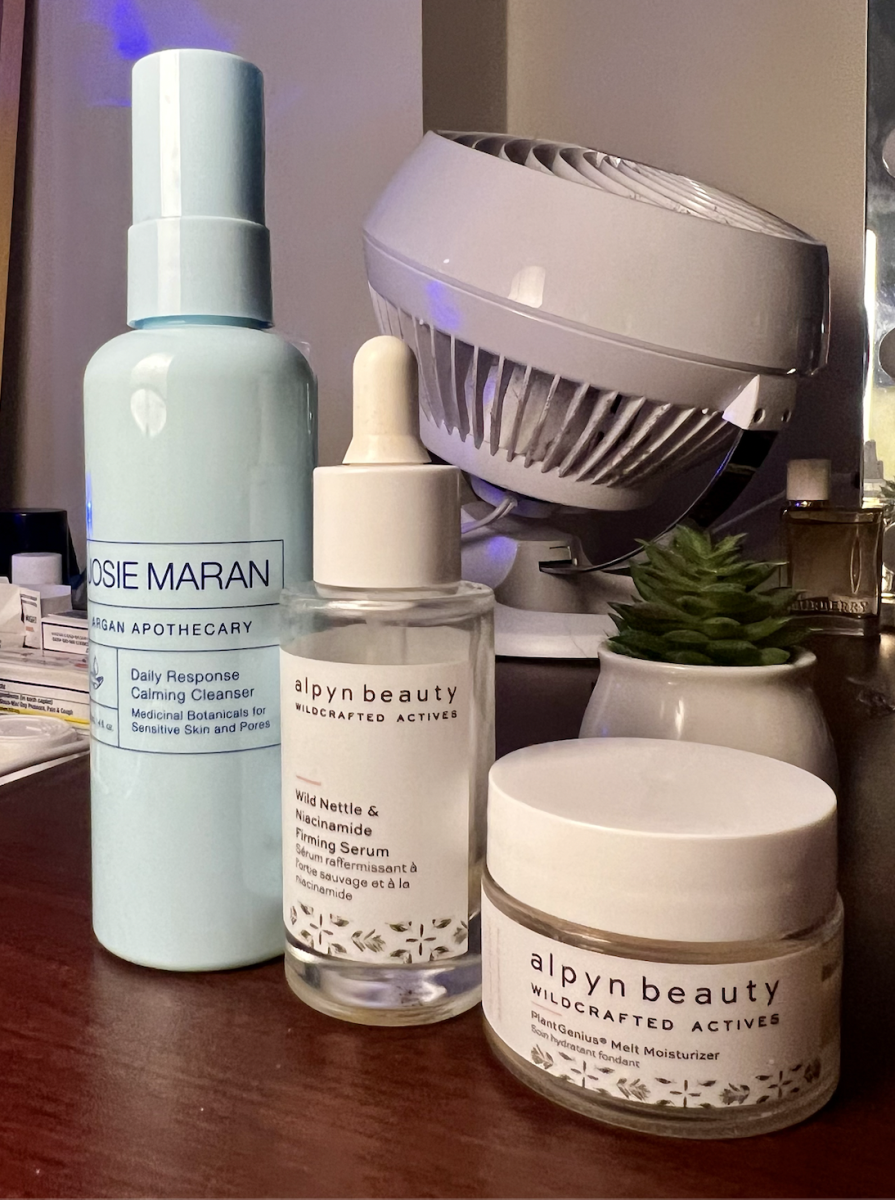
Sleep is what keeps us going. It gives us the energy to keep up with day-to-day activities, gives our body the energy to recover and keeps our immune system strong so that we can stay healthy.
The National Sleep Foundation Scientific Advisory Council has released new, more precise recommendations for how much sleep people should be getting every night, depending on their age. The study says that young adults, ages 18 to 25 years old, need seven to nine hours of sleep a night.
According to the NSF, how much sleep we need and prefer are two separate things. So if you are comfortable with how much sleep you get every night, keep it up. If you are waking up groggy or struggling to stay awake throughout the day you may need more hours of sleep at night.
Your body will tell you that you need more sleep multiple ways, through the food you crave or your mood. Listening to these signs is the key to discovering what your body needs.
If you feel hungry all day or find yourself craving carbohydrates and calorie filled foods, you may need more sleep. The Society for the Study of Ingestive Behavior found that if you don’t get enough sleep your body releases a hormone called ghrelin. Ghrelin is the same chemical that tells your body it is hungry, so lack of sleep leads to your body craving more food.
Your motor skills take a hit when you are too tired. Dropping things, stumbling or running into furniture are all side effects of not enough sleep. So next time you see someone fall down the steps of Dallas Hall, help them up and encourage them to go to bed early that night.
Too few hours of sleep can lead to forgetfulness and the inability to focus. Cognitive problems are common when you haven’t slept enough. Difficulty focusing, poor concentration and forgetfulness are all common side effects of sleepless night. So pulling an all-nighter can lead to forgetting easy answers or trouble focusing on a test. Getting extra sleep is more beneficial than staying up to cram more information.
Feeling run down or sick is a side effect of being too tired as well. A study shows that those who sleep less than seven hours a night are three times more likely to contract the common cold than those who get eight hours. If you constantly have the sniffles or a cough you may want to get some more shuteye.
Emotions run rampant when you are tired. Studies have found that the human brain can’t put emotions into context when we are tired. People tend to overreact or respond in odd ways when they are fatigued. Crying at commercials or yelling at your roommate for leaving a mess are all signs you need to sleep some more so that your emotions can get into check.







